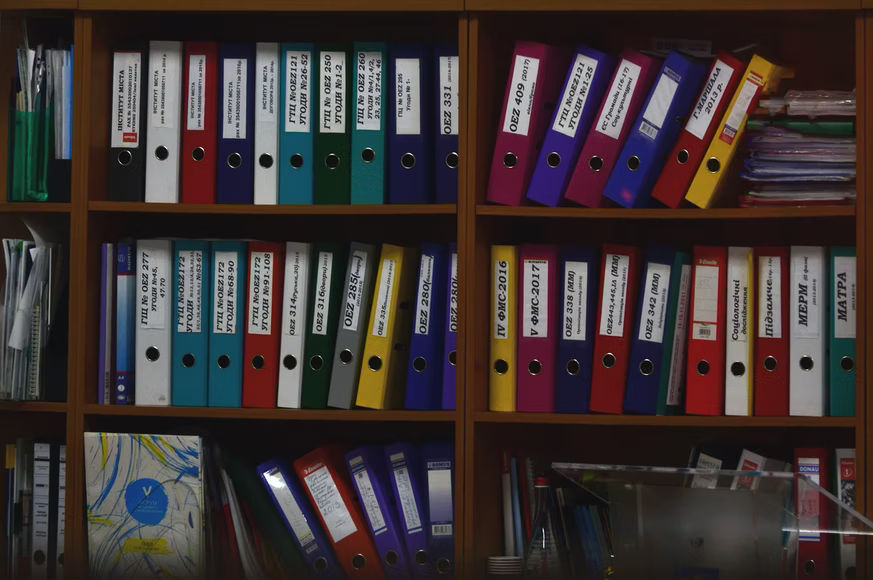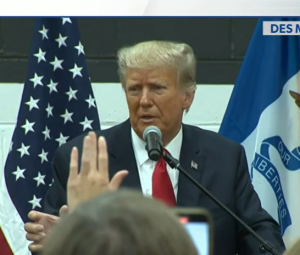The Presidential Records Act of 1978 is at the center of Donald Trump’s tussle with the US National Archives. Aides of the former President have previously revealed that he often disposed of White House documents, which are protected by the Presidential Records Act.
Donald Trump’s Florida residence Mar-a-Lago was searched by FBI officials on Monday evening. News agency AP reported, citing unnamed sources, that officials were investigating allegations that Trump took sensitive documents from the White House.
Also Read: Donald Trump Mar-a-Lago raid: What happened and what’s next
What is the Presidential Records Act of 1978?
The Presidential Records Act was first introduced in the US Congress when Jimmy Carter was the President. The bill defined the term “Presidential Records” and further stated that any documents produced by the President are public property. A similar clause was added for the US Vice President’s documents.
The legislation also places the responsibility for the custody and management of incumbent Presidential records with the US President. This means that the office holder will be held responsible if any documents were altered, misplaced or destroyed.
The Presidential Records Act allows the President to dispose of some documents, but only after the Archivist of the United States has given permission.
The Presidential Records Act also establishes a process by which the President may restrict and the public may obtain access to these records after the President leaves office, according to the National Archives.
Also Read: Why did Trump bring up Hillary emails after Mar-a-Lago raid?
These documents are collected and stored in the National Archives of the United States. Most former US Presidents have dedicated libraries across the country, where some of these documents are displayed.
There are multiple federal laws governing the handling of classified records and sensitive government documents, including statutes that make it a crime to remove such material and retain it at an unauthorised location.







